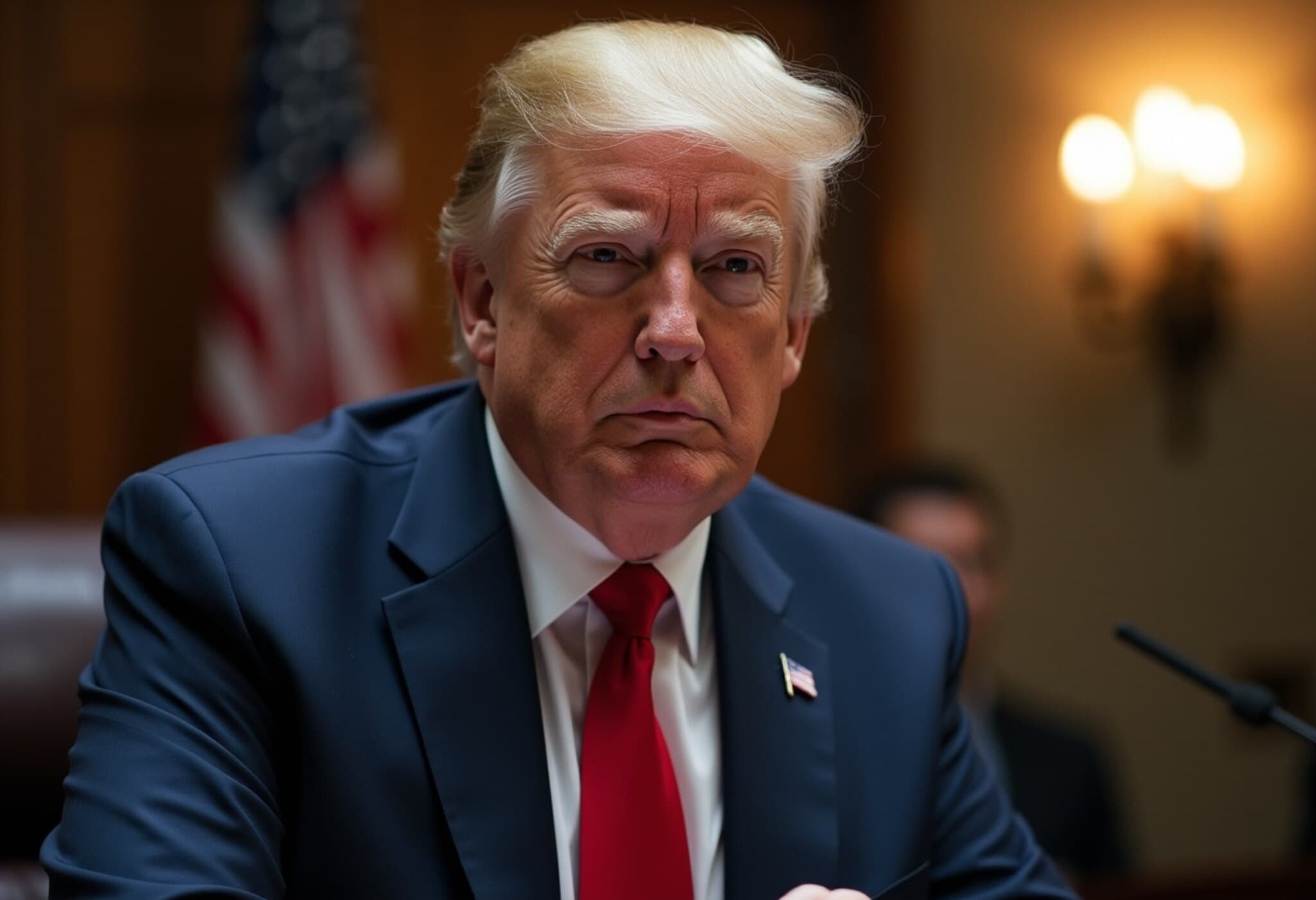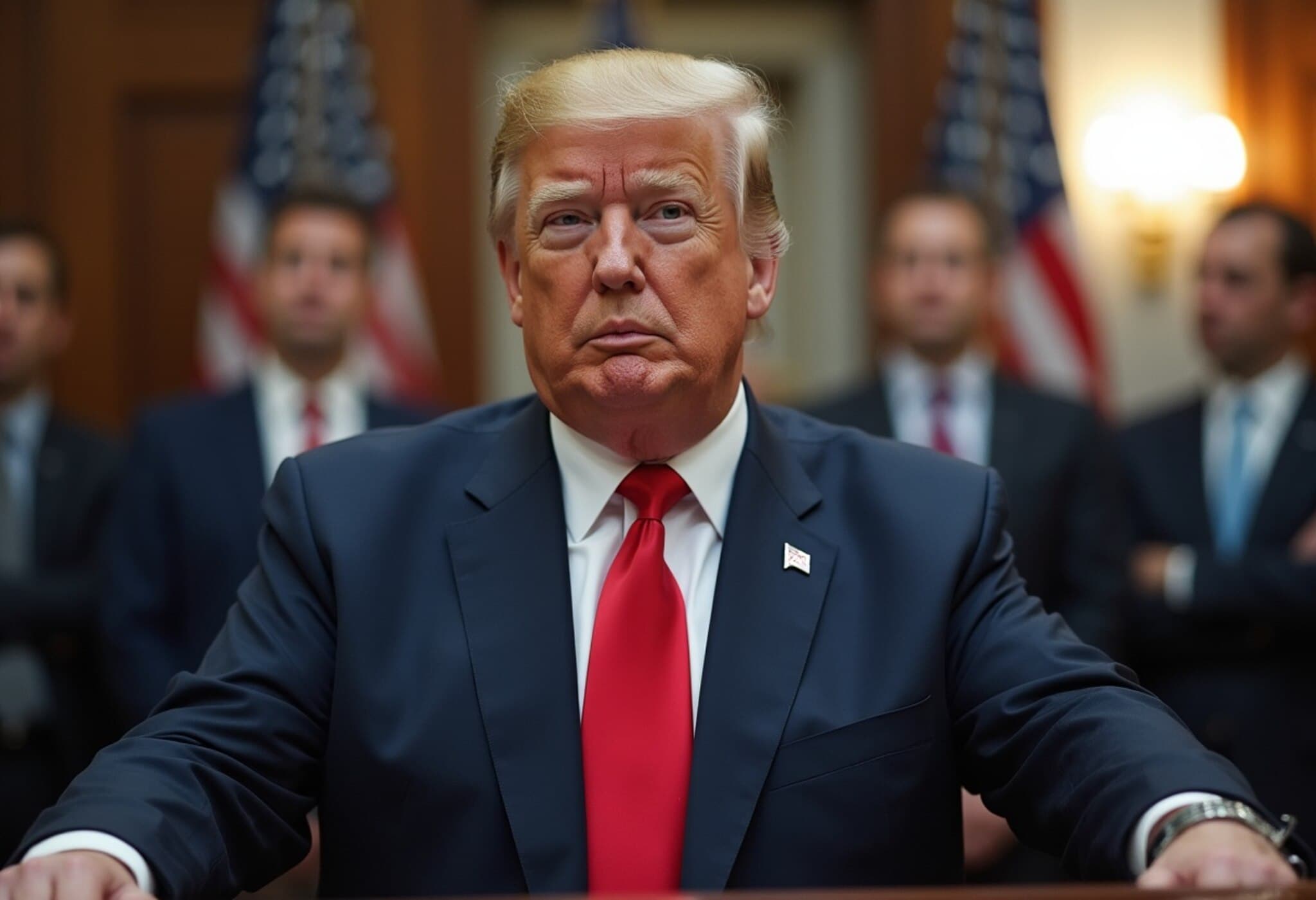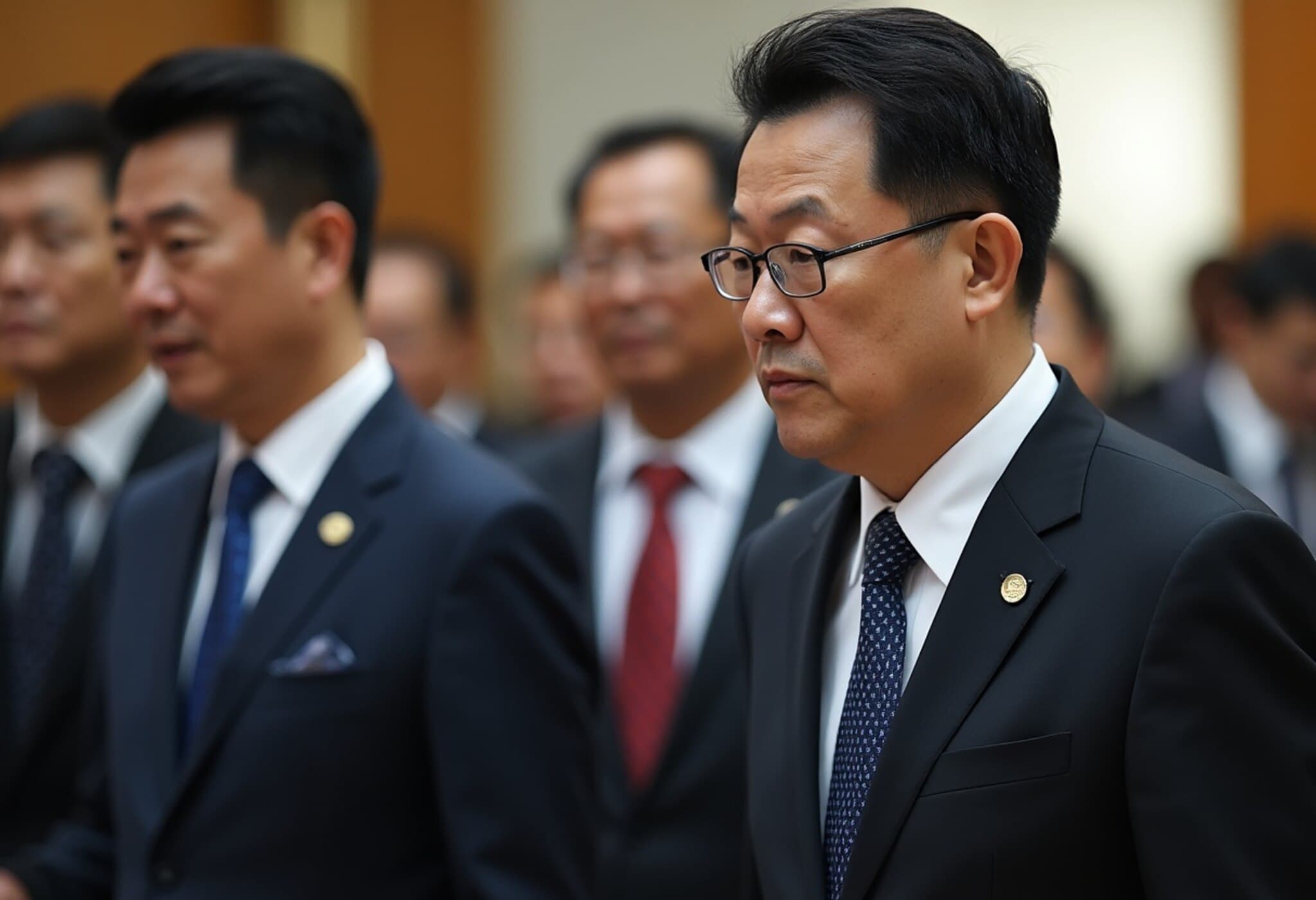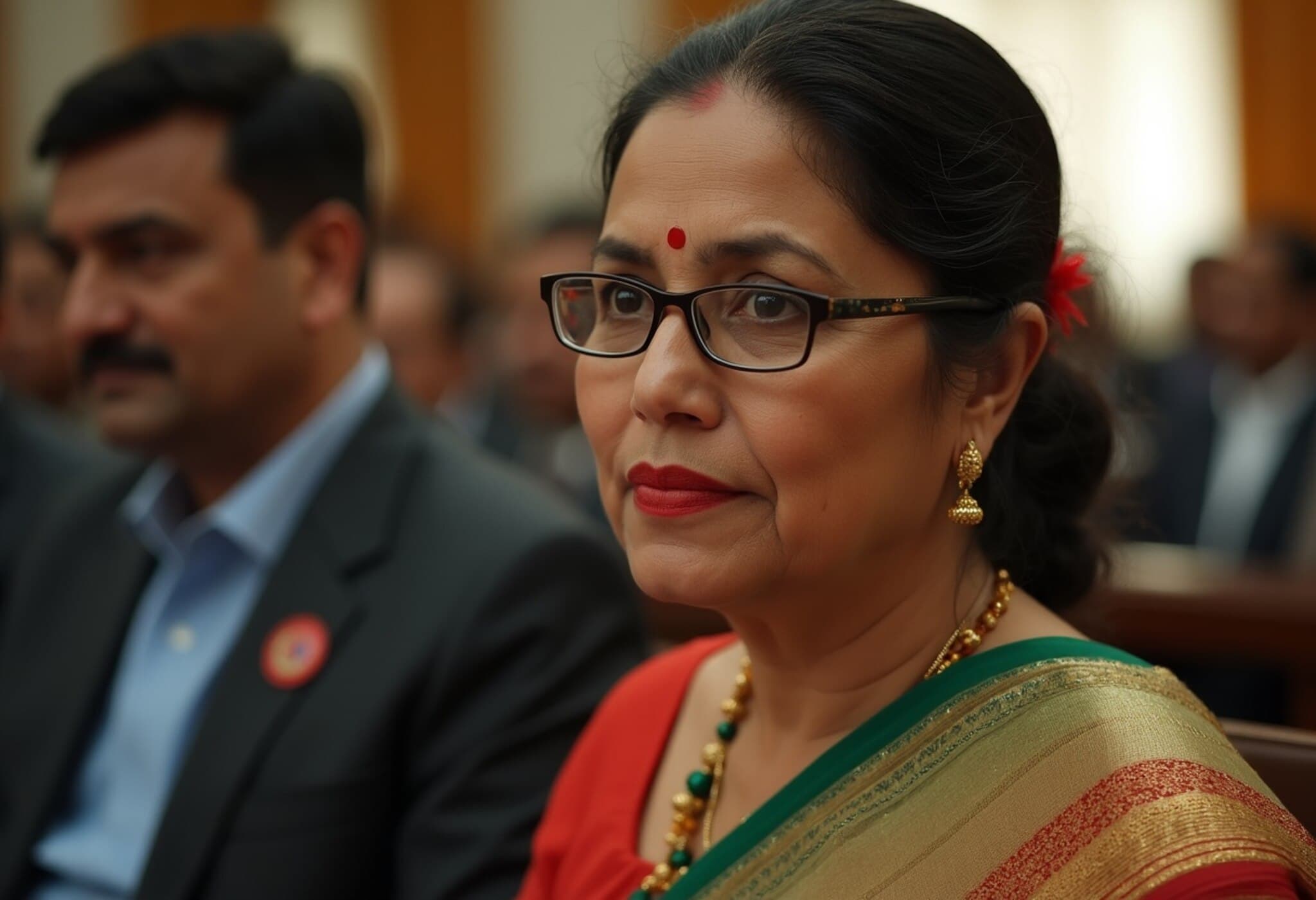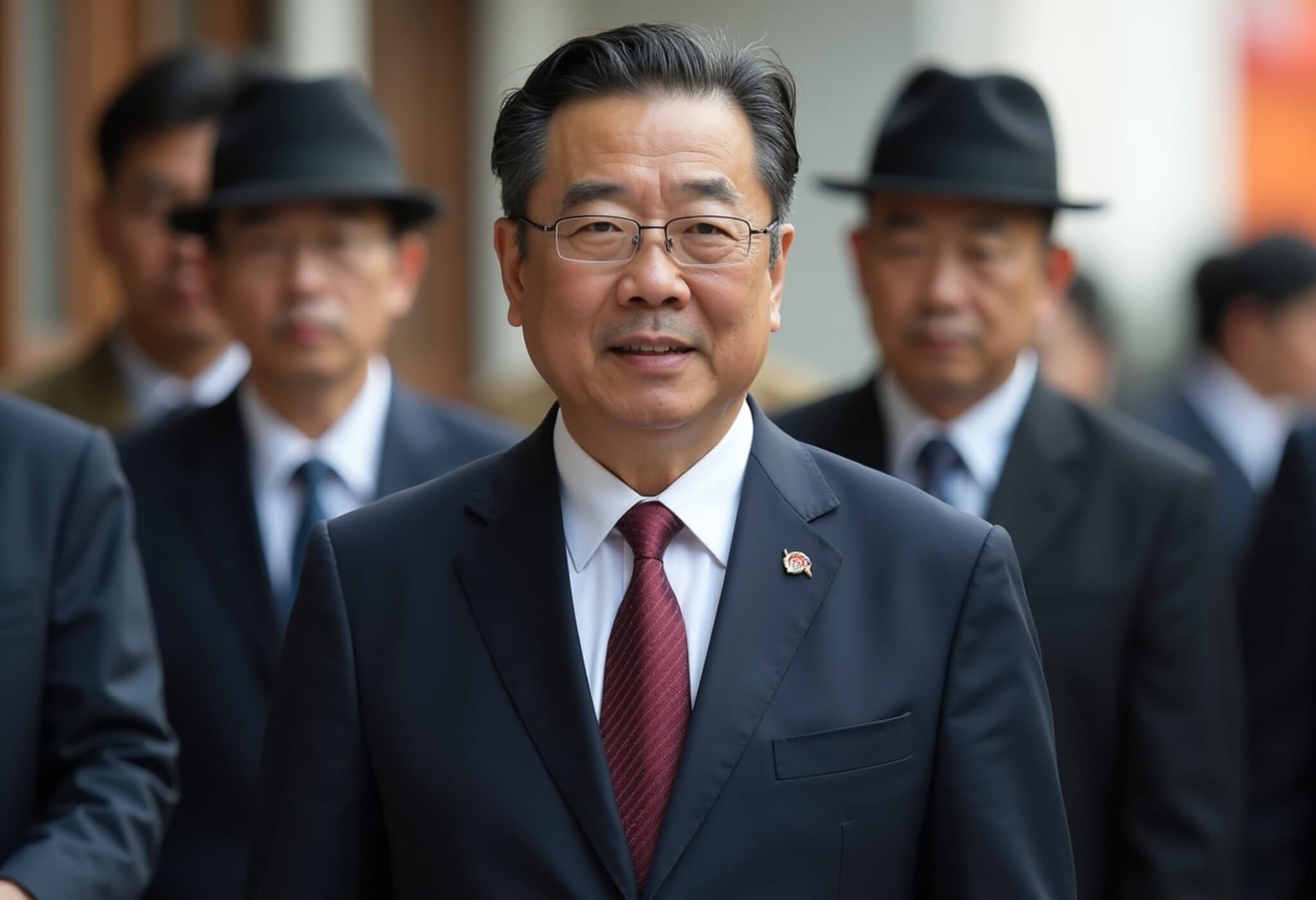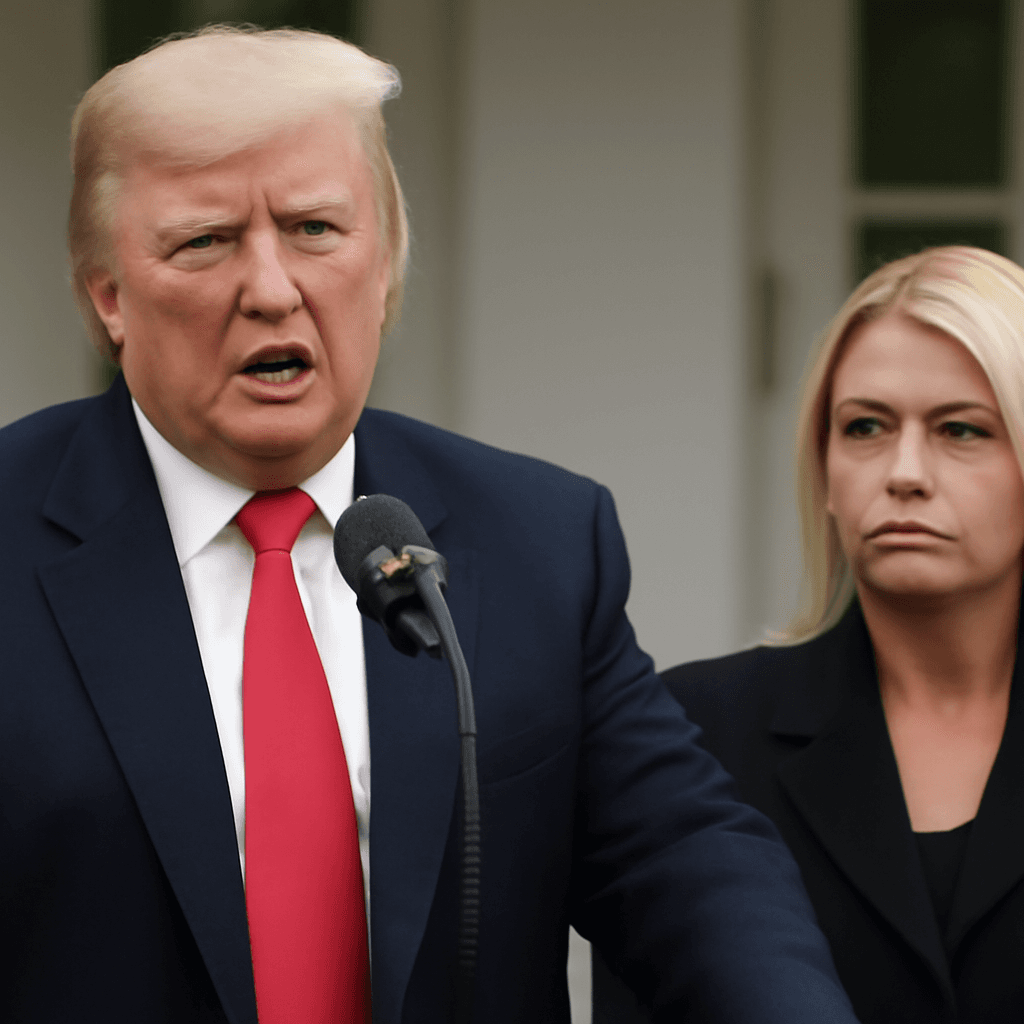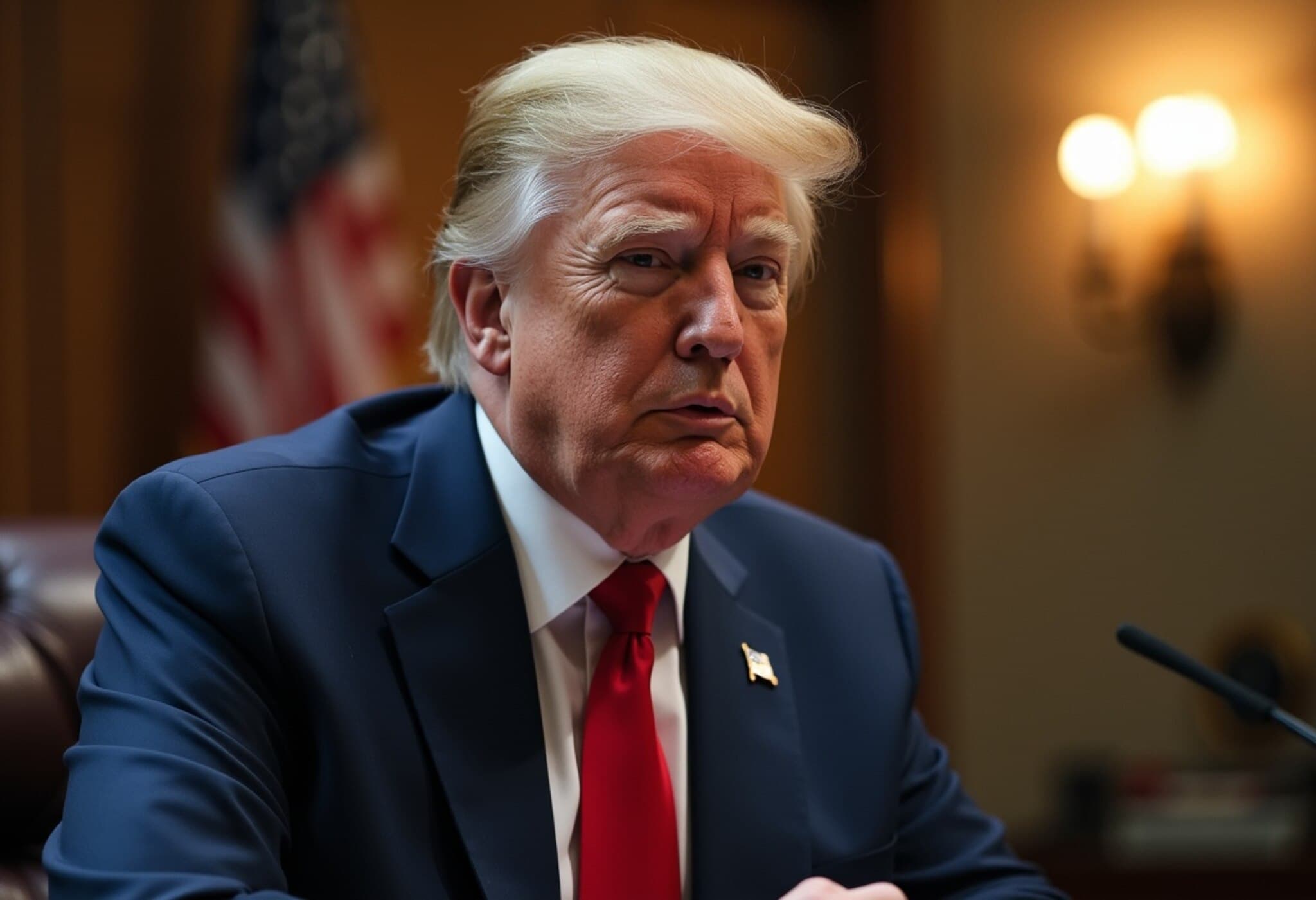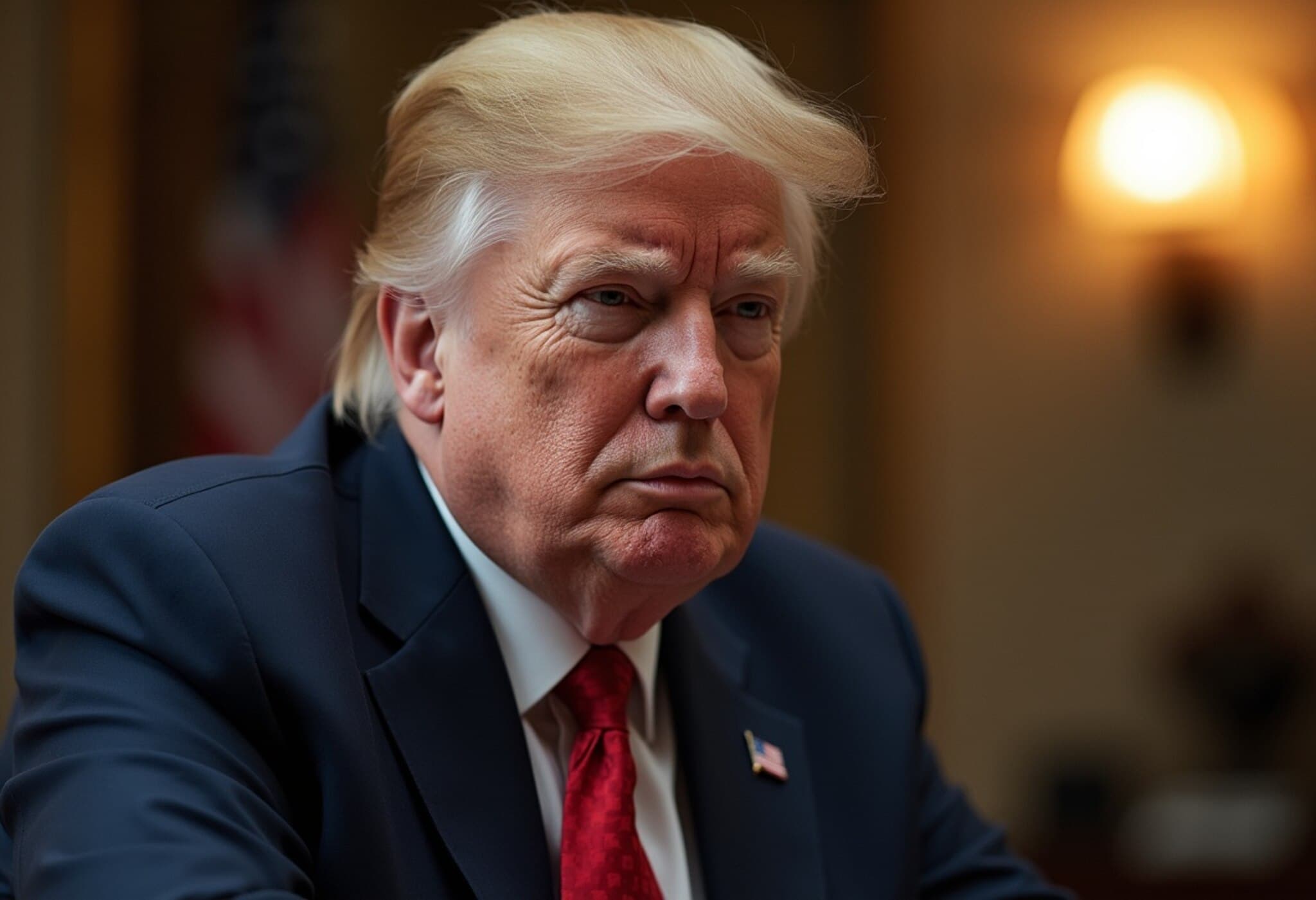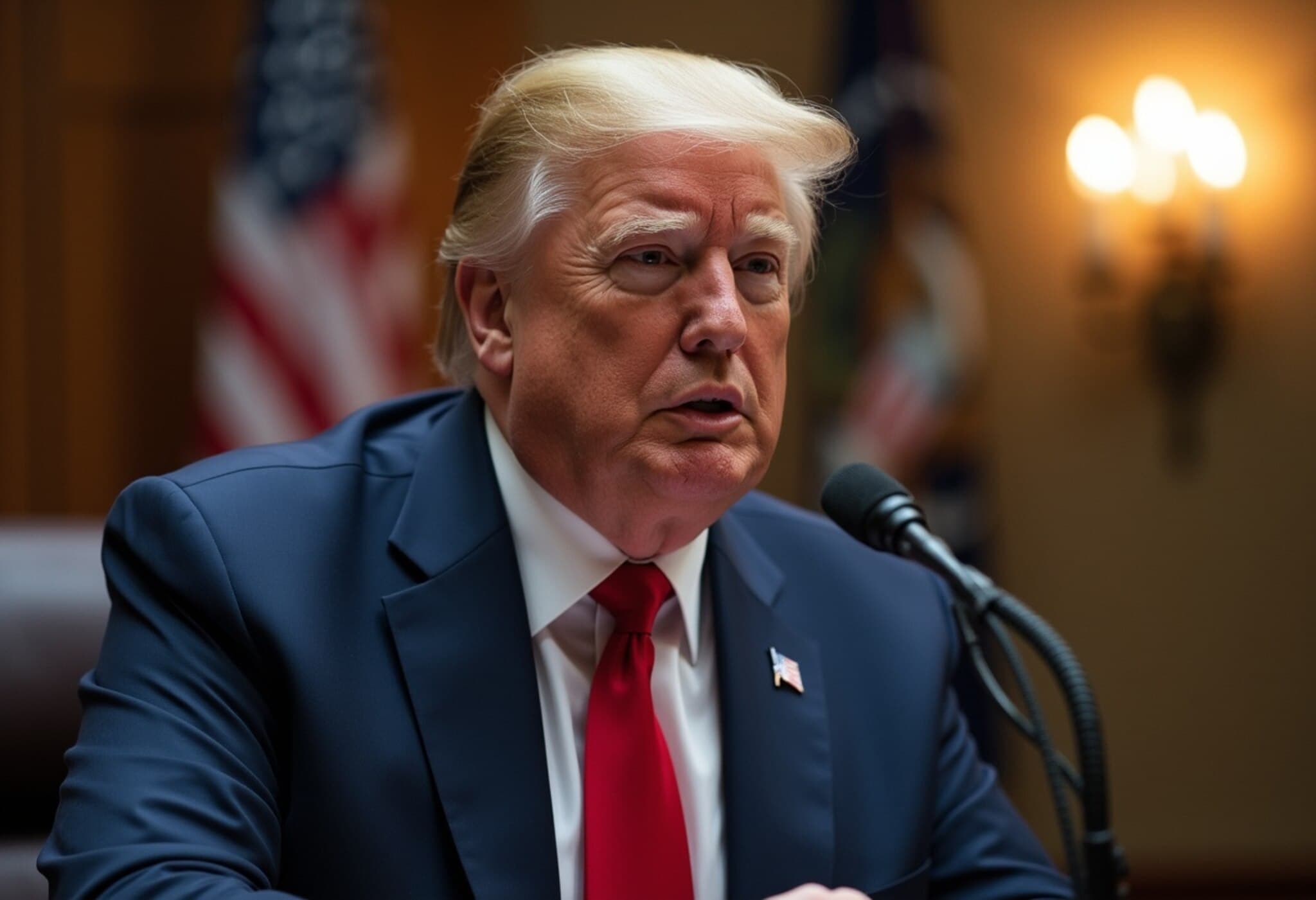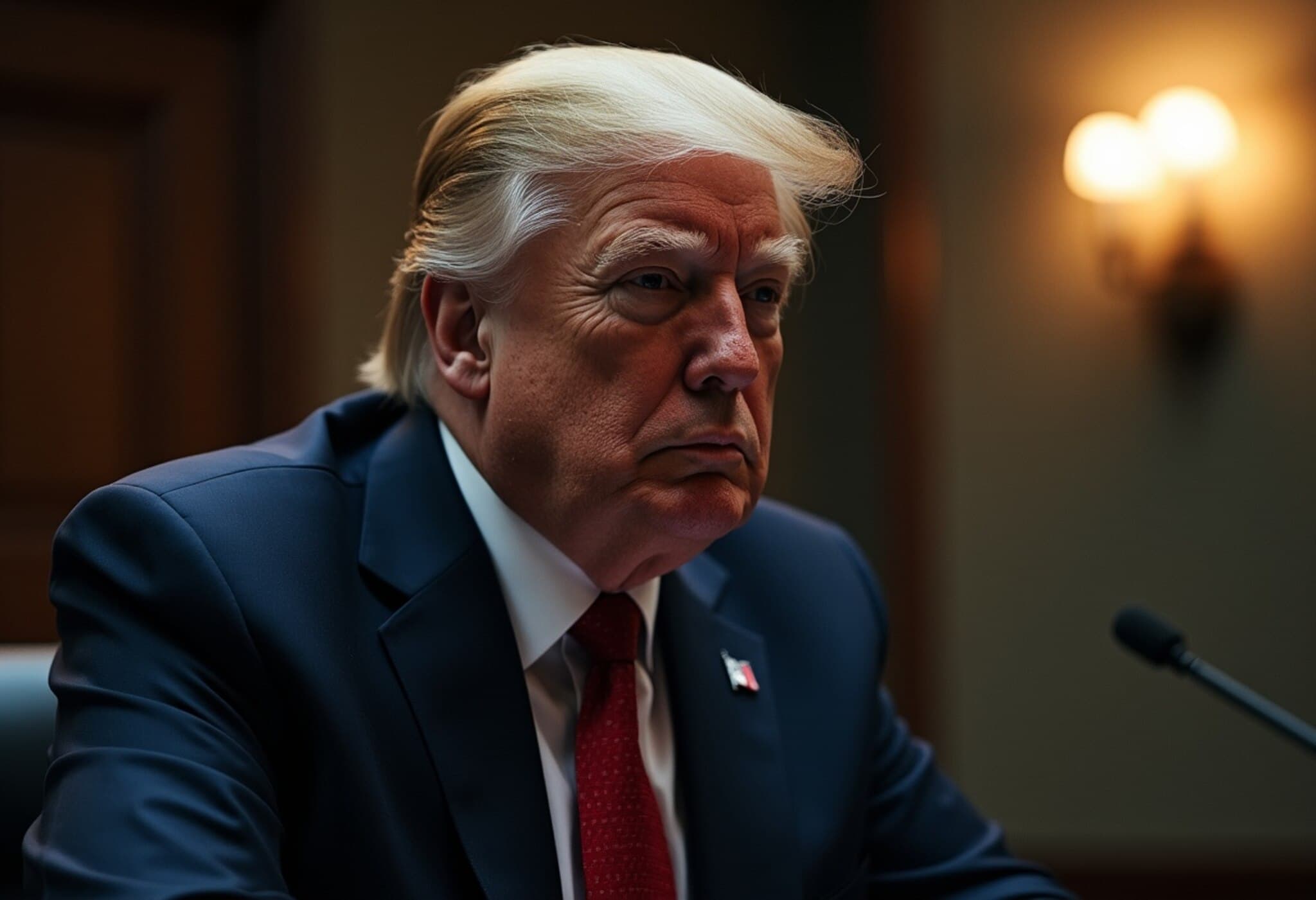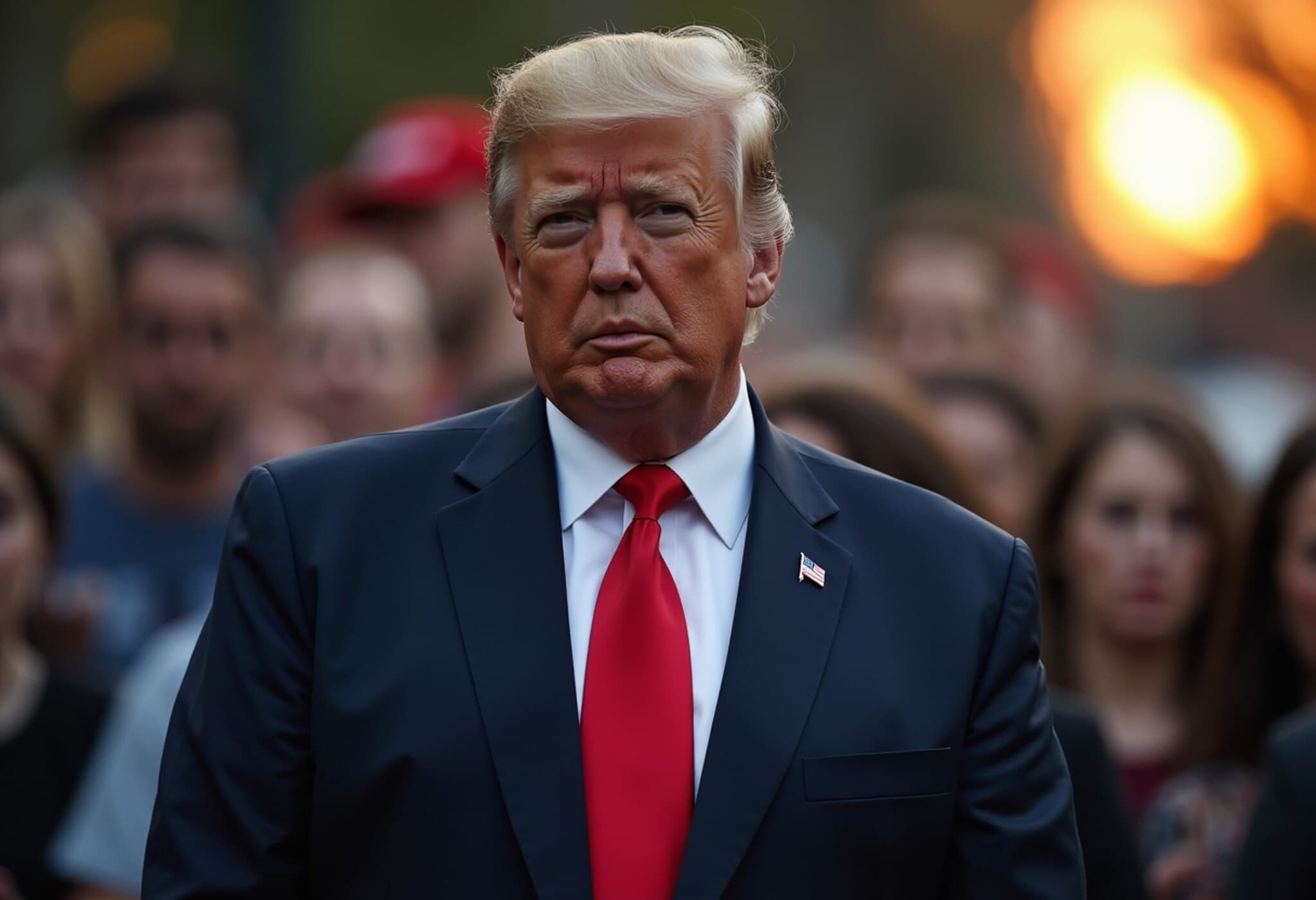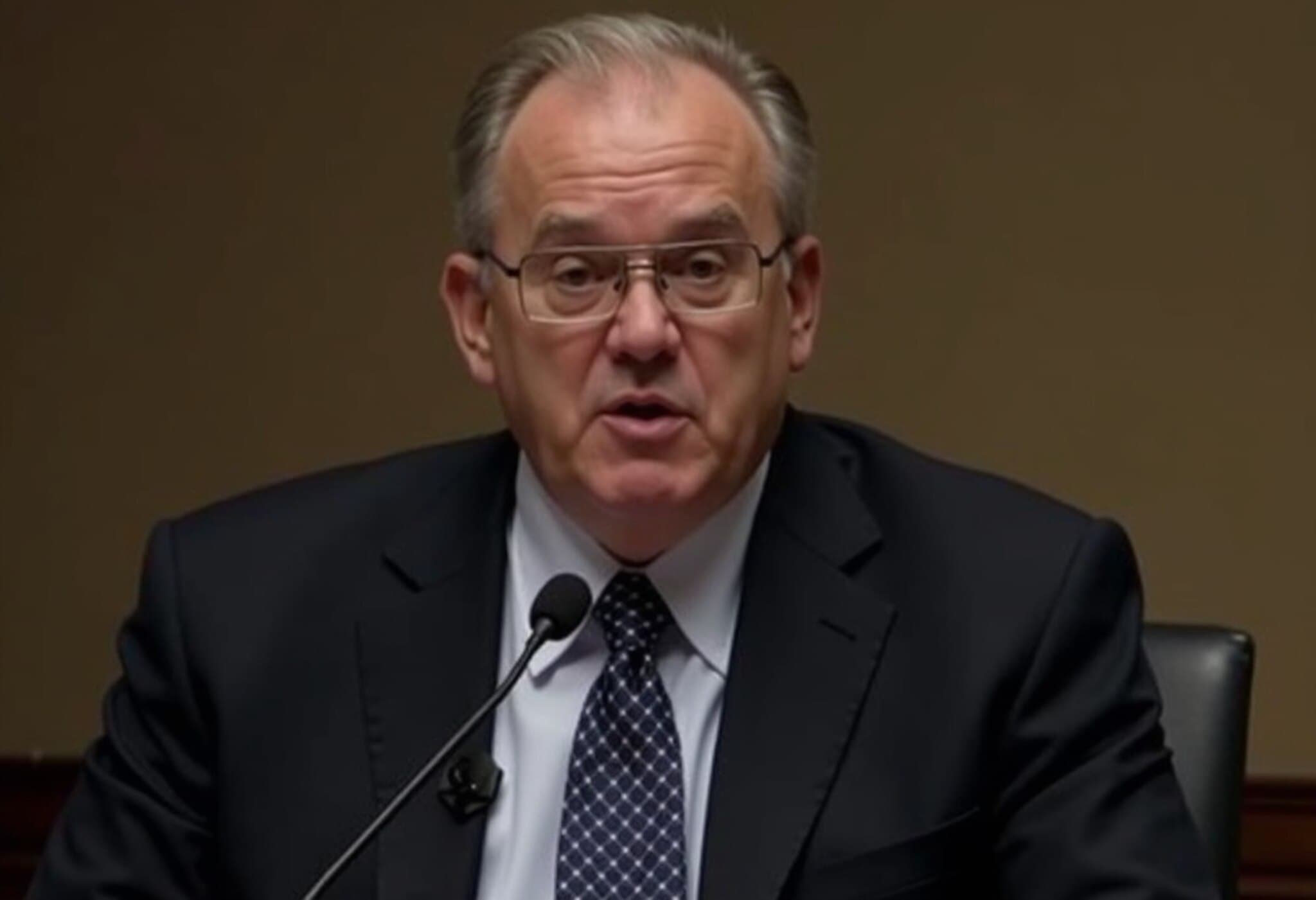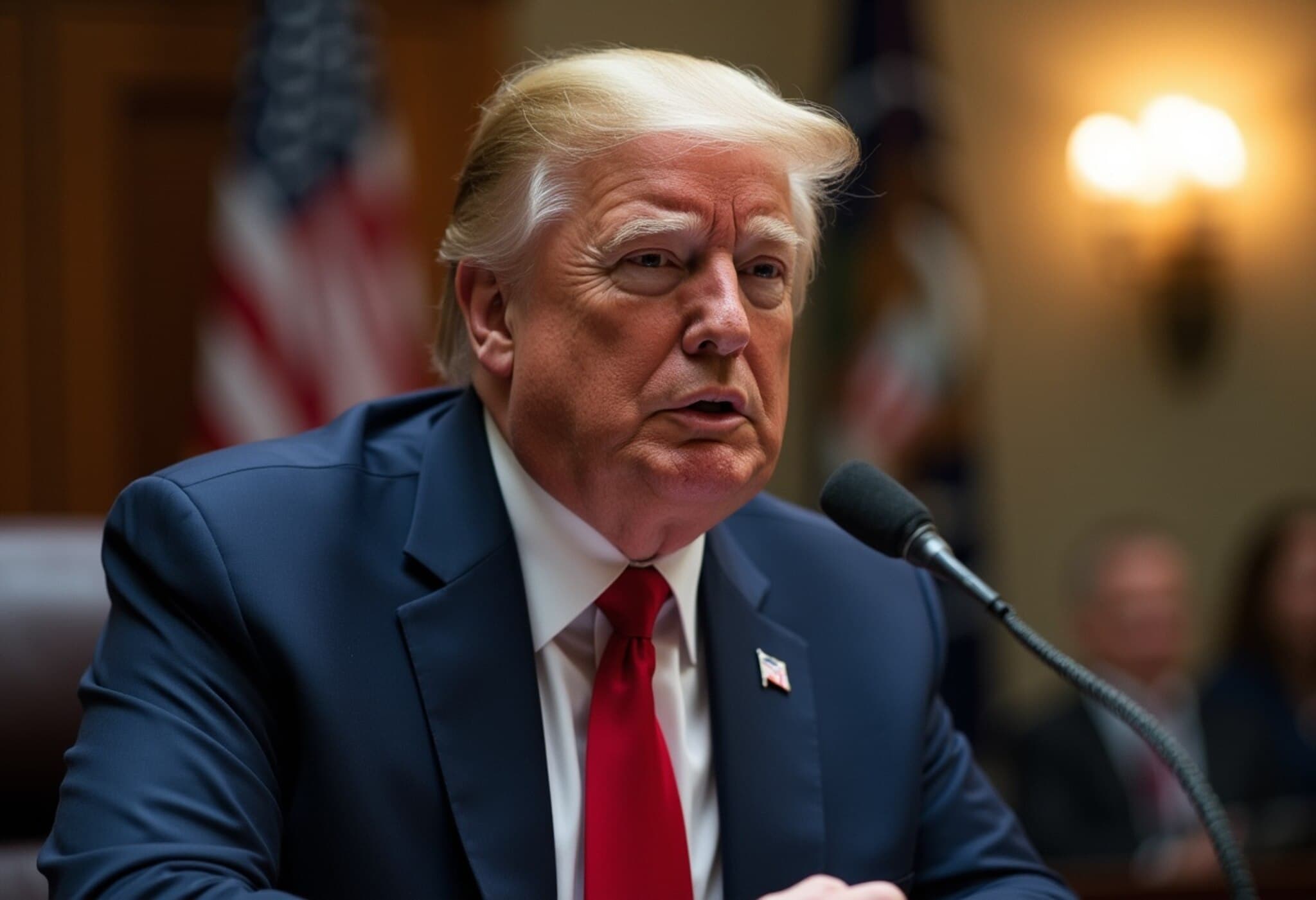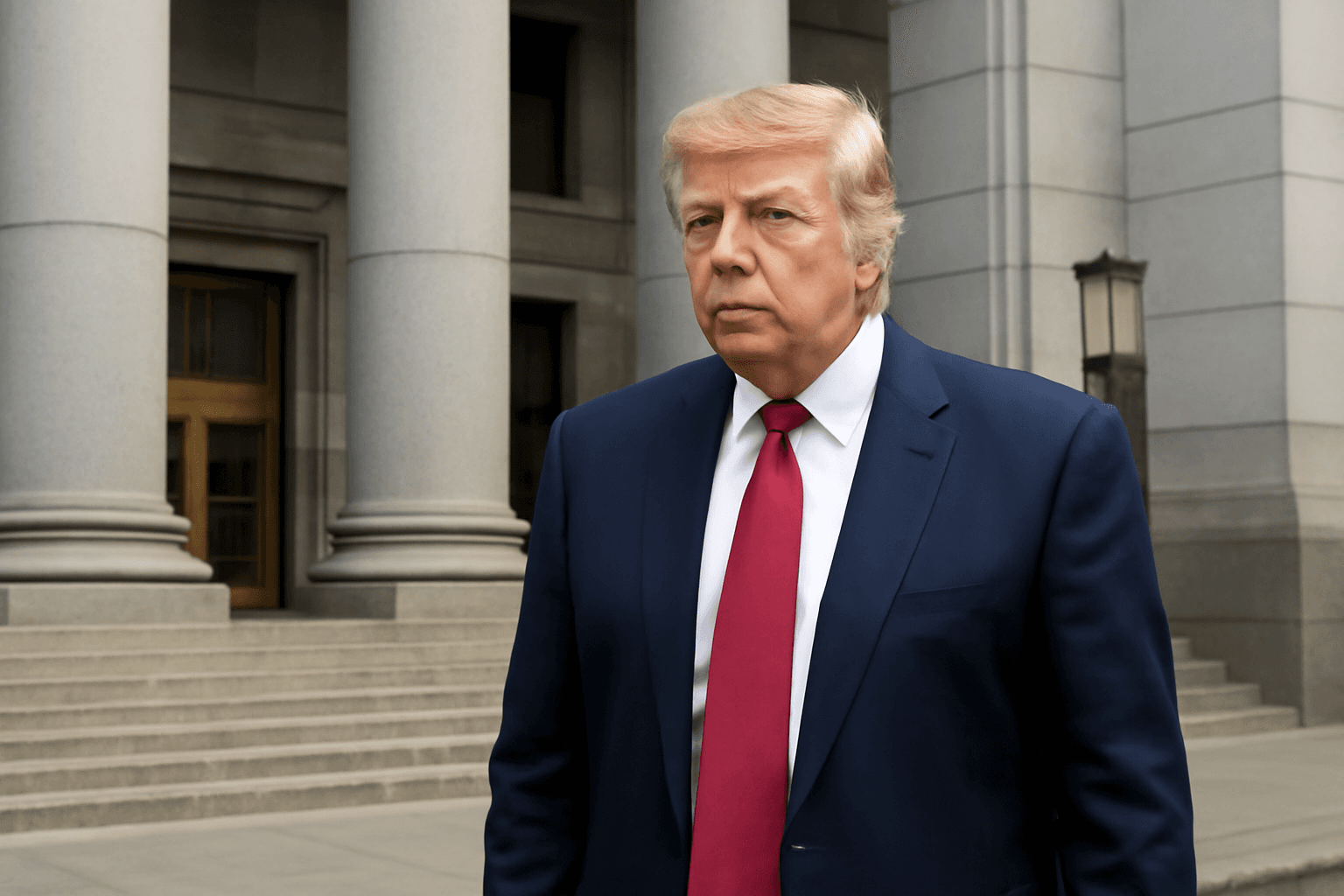Trump Directs DOJ to Unseal Jeffrey Epstein Grand Jury Testimony Amid Controversy
In an unexpected twist that has reignited intense debate over one of the most high-profile criminal investigations of the 21st century, former President Donald Trump has ordered the Department of Justice (DOJ) to "produce any and all pertinent Grand Jury testimony" related to financier Jeffrey Epstein’s case. Filed late Friday in a federal court in Manhattan, the DOJ's motion seeks the unsealing of Epstein grand jury transcripts, stirring significant legal and ethical concerns surrounding grand jury secrecy and victim privacy.
Background: Epstein Case and Trump’s Involvement
Jeffrey Epstein, a wealthy financier charged in 2019 with sex trafficking of minors, died in a federal jail cell in what the medical examiner ruled a suicide. His case has long fascinated the American public, not least because of Epstein’s connections to the rich and powerful. Notably, NBC News reported earlier this week about a previously undisclosed 50th birthday letter Trump allegedly sent to Epstein in 2003—an assertion Trump vehemently denies, subsequently filing a lawsuit against the media outlet and its journalists. This legal maneuvering has only intensified scrutiny of Epstein’s network and those tangentially connected.
What the DOJ Motion Entails
Deputy Attorney General Todd Blanche, also known for his previous role as Trump’s personal attorney, has advanced a motion that calls for unsealing all grand jury transcripts regarding the United States v. Epstein case, though with proposed redactions to protect victim privacy and other sensitive personal data. Interestingly, the filing hints at a similar approach in Florida, where Epstein struck a controversial plea deal in the mid-2000s.
Grand jury proceedings are traditionally secret, designed to protect the integrity of the process and the privacy of victims and witnesses. The request to lift those seals, even partially, signals the government’s recognition of the "longstanding and legitimate" public interest surrounding the Epstein saga — but it also opens a Pandora’s box of legal challenges.
Legal and Ethical Challenges Ahead
- Protection of Witnesses and Victims: Unsealing could inadvertently expose victims and witnesses to unwanted public attention or retaliation.
- Grand Jury Secrecy Laws: Grand jury secrecy is enshrined in federal law to prevent tampering, protect potential victims, and secure candid witness testimony.
- Judicial Discretion: Courts vary on when and how to unseal such transcripts. The 2nd U.S. Circuit Court, governing New York, has allowed disclosure under "special circumstances," but such decisions remain highly discretionary.
Critical Insight: What Might and Might Not Be Disclosed?
Legal experts widely agree that these transcripts will focus predominantly on Epstein and his convicted associate, Ghislaine Maxwell, rather than a broader "client list" or other alleged co-conspirators. For instance, FBI investigative files and witness interview notes—which might hold more comprehensive details on other implicated individuals—are generally excluded from such disclosures.
Moreover, despite persistent speculation, the recent DOJ and FBI joint memo concluded that Epstein did not maintain a secret "client list," no other individuals face charges related to his trafficking network, and his death was confirmed a suicide — findings that the grand jury transcripts are unlikely to revise.
Experts Weigh In
Kristy Greenberg, MSNBC legal analyst and former prosecutor, called the Trump administration’s push to unseal the transcripts a "red herring"—a distraction from the evidentiary records that truly matter. A former New York federal prosecutor told NBC News that the most revealing information about associates, financial transactions, and other investigative leads is found in case files rather than grand jury testimony.
Chuck Rosenberg, former federal prosecutor and NBC News analyst, expressed caution, warning against releasing subject names without formal charges or trial opportunities, as it risks public defamation of those potentially innocent. He characterized calls to release unredacted investigative files as "fundamentally a bad practice," emphasizing that investigative files often contain unvetted, sometimes inaccurate information that could unfairly damage reputations.
Next Steps and Public Impact
The fate of this motion depends on a judge's ruling. Any hearings are likely to be sealed initially, limiting public and media insight. Meanwhile, Ghislaine Maxwell remains incarcerated and is appealing her conviction, adding another layer of complexity to any proceedings.
This development injects fresh complexity into a case already mired in controversies over wealth, power, and justice. It raises pressing questions about transparency versus privacy, the public’s right to information versus protection from unwarranted exposure, and the boundaries of executive influence over the justice system.
Editor’s Note
As this story unfolds, readers should consider the delicate balance between ensuring justice and safeguarding privacy rights in cases of national significance. While transparency is vital to democratic accountability, releasing grand jury materials without sufficient safeguards risks retraumatizing victims and unfairly vilifying uninvolved parties. The Epstein case remains a somber reminder of how justice intersects with power, secrecy, and the public’s thirst for truth. How the courts navigate these competing interests will have lasting implications for high-profile criminal investigations in the United States.

